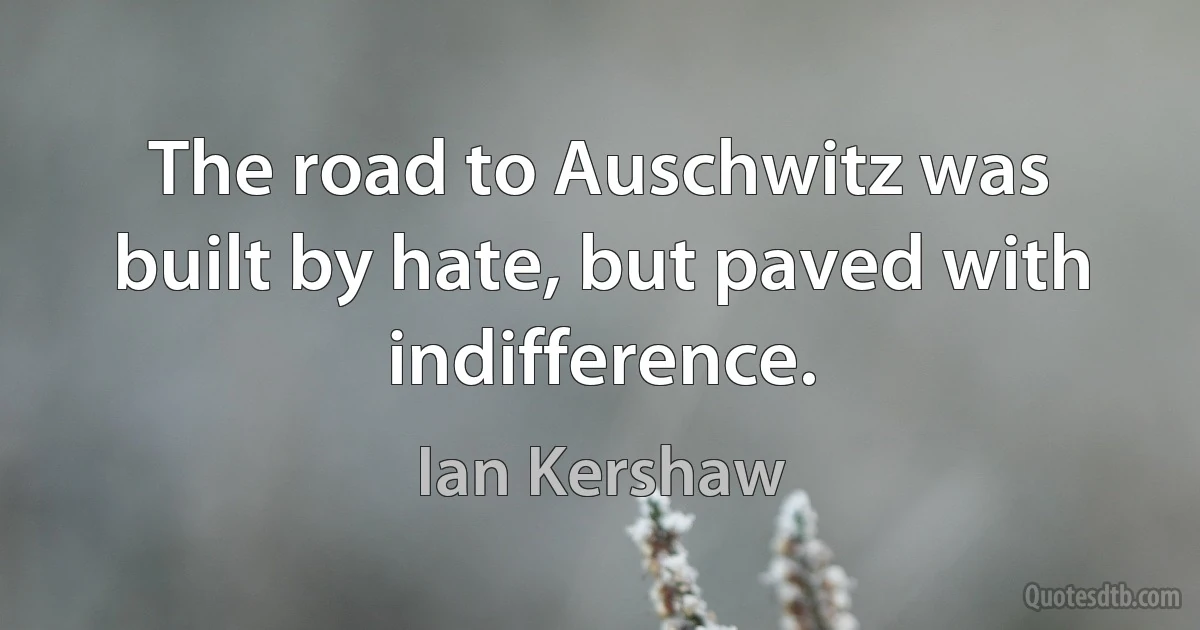Ian Kershaw quotes
Probably in April of 1919, with the Munich ruled by the Communist Councils, [Hitler] wore, along with almost all the soldiers of the Munich garrison, the revolutionary red armband. That Hitler stood back and took no part whatsoever in the ‘liberation' of Munich from the Räterepublik is said to have brought him later scornful reproaches from Ernst Röhm.

Ian Kershaw
Not only, then, did Hitler do nothing to assist in the crushing of Munich's ‘Red Republic'; he was an elected representative of his battalion during this whole period of existence. How to interpret this evidence is, nevertheless, not altogether clear. Since the Munich garrison had firmly backed the revolution since November, and again in April supported the radical move to the Räterepublik, the obvious implication must be that Hitler, in order to have been elected as a soldiers' representative, voiced in these months the views of the socialist governments he later denounced with every fibre of his body as ‘criminal.

Ian Kershaw
Ernst Toller reported that a fellow-prisoner also interned for involvement in the Räterepublik had met Hitler in a Munich barracks during the first months after the revolution, and that the latter had then been calling himself a Social Democrat. Konrad Heiden remarked that, during the time of the Councils Republic, Hitler had, in heated discussions among his comrades, voiced support for the Social Democratic government against the of the Communists.

Ian Kershaw
A history of Hitler has to be a history of his power - how he came to get it, what its character was, how he exercised it, why he was allowed to expand it to break all institutional barriers, why resistance to that power was so feeble. But these are questions to be directed at German society, not just at Hitler.

Ian Kershaw
If Britain was solidly stable and France not much less so, Germany was more enigmatic. It fitted neatly into neither the model of relatively well-established democracies of the more economically advanced north-western Europe, nor the model of the newly created, fragile democracies of eastern Europe. In many ways, Germany was a hybrid. It looked both west and east.

Ian Kershaw


